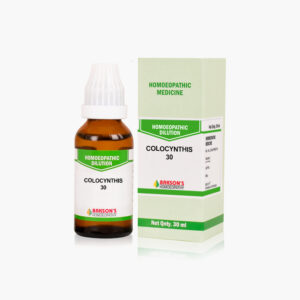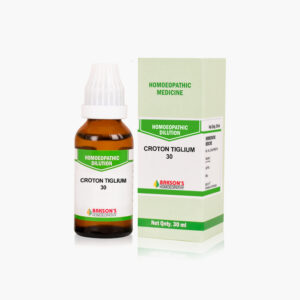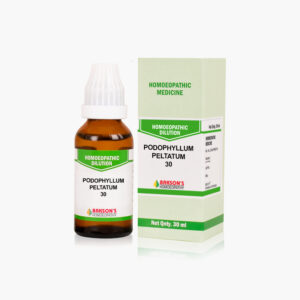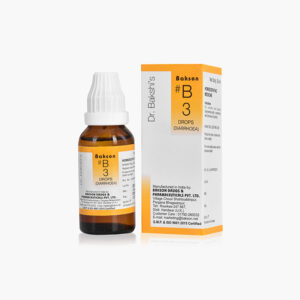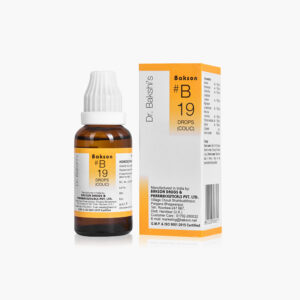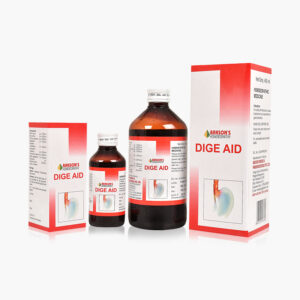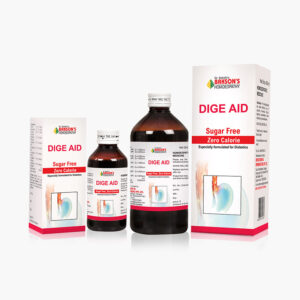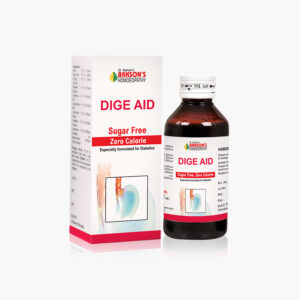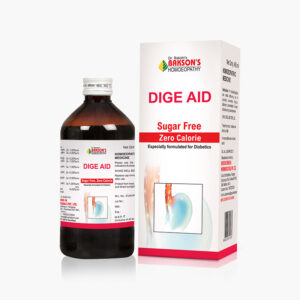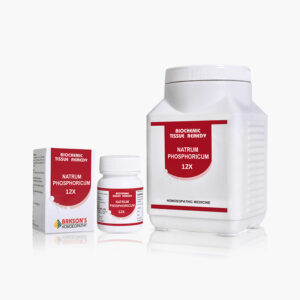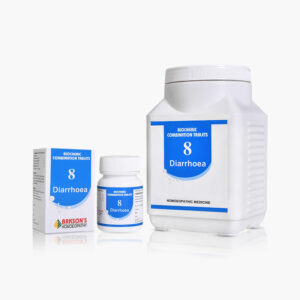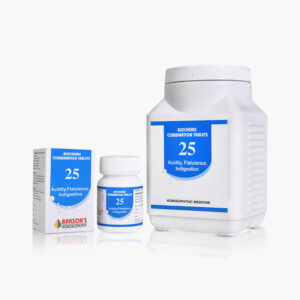What is Traveller’s Diarrhoea?
Traveller’s diarrhoea is a common ailment in persons traveling to resource-limited destinations overseas. It is considered as three or more loose stools in 24 hours or a two-fold increase from baseline bowel habits.
This is the most common travel-associated condition and affects nearly 60 percent of travellers. There is no immunity against future attacks and it appears to occur commonly in warmer climates. Factors like poor sanitation and lack of refrigeration play an important role in its causation.
Causes
The most common bacterial cause is enterotoxigenic Escherichia coli (ETEC), with estimates that the bacteria is responsible for nearly 30% of cases. Norovirus is the most common viral cause while rotavirus is another source of infection. Giardia intestinalis is the most common parasitic source while Cryptosporidium and Entamoeba histolytica can also cause travellersע diarrhoea.
The most common spread is through the feco-oral route typically through the consumption of contaminated food or water. The incubation period usually ranges from 6 to 24 hours.
Sign and symptoms
The common presenting symptom is diarrhoea occurring precipitously and is accompanied by abdominal cramps, fever, nausea/vomiting. Blood in stools may also be present.
On palpation, mild diffuse tenderness is present in the abdomen. The skin may be examined for its turgor to assess the severity of dehydration. Some of the cases might present with hypovolemia.
Diagnosis
Blood examination is not the choice of investigation for this type of diarrhoea. Stool examination is recommended and the typical findings will be the presence of leukocytes and lactoferrin in the stool culture. KUB X-rays can be obtained to assess any intra-abdominal pathology.
General management
Travelers should be counselled on risk reduction before travel, including avoiding tap water & ice, frequent hand washing, avoiding leafy vegetables or fruit that isn’t peeled, and avoiding street food. Milk and juices must be avoided as they worsen the diarrhoea. Oral rehydration is recommended to ensure proper hydration of the patient and adequate electrolyte depletion.
Warning: Above information provided is an overview of the disease, we strongly recommend a doctor’s consultation to prevent further advancement of disease and/or development of complications.
Disclaimer: The information provided herein on request, is not to be taken as a replacement for medical advice or diagnosis or treatment of any medical condition. DO NOT SELF MEDICATE. PLEASE CONSULT YOUR PHYSICIAN FOR PROPER DIAGNOSIS AND PRESCRIPTION.



 Login
Login

